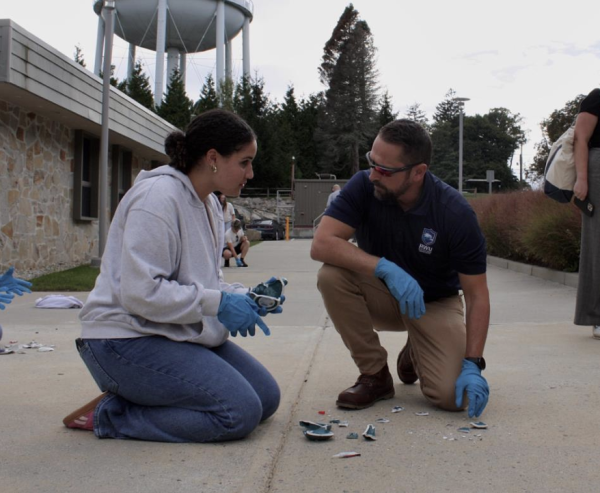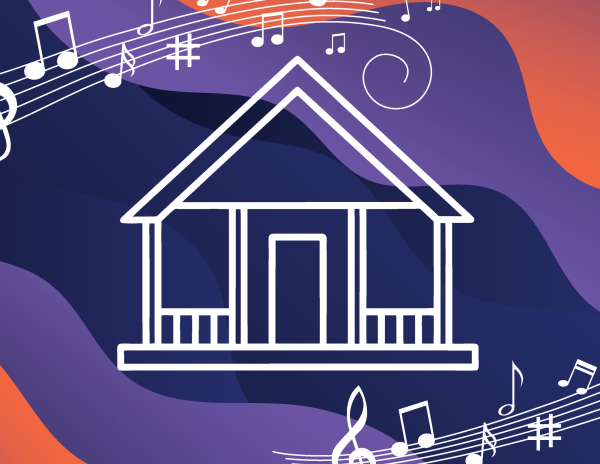Falling back this Daylight Saving Time
The positives and the negatives
Emily Dvareckas/The Hawks’ Herald
Daylight Saving Time begins on Nov. 7 which is when the clocks will be set back an hour.
Time is falling back soon for Daylight Saving Time. Coming this Sunday, Nov. 7, clocks will be set back an hour. While that extra hour does not seem like much, it has a great impact on students, both positively and negatively.
The positives of falling back
That extra hour of sleep sounds like a dream, especially for students working long hours. Waking up feeling refreshed and like an actual human being is a great start to the day, maybe even to the week. In fact, your brain will likely be more alert due to this longer rest — great for working past that midterm burnout.
Your general health may seem to improve during that week. An increase in sleep is great, not only for the brain but for the heart as well. A good night’s sleep allows for a decrease in the onset of stress hormones, which may help treat an anxious, racing heart.
Overall productivity may increase, both inside and outside of class. Since the brain is more likely to be alert now, especially with the increase of serotonin, ideas will flow more steadily. Maybe procrastination will be kicked to the curb. For now, at least.
The negatives of falling back
While that extra hour may possibly help with sleep, it may also mess with one’s circadian rhythm. If possible, avoid staying up and/or waking up an hour later than what you are used to, or your body will take longer to adjust.
Not only can sleep be impacted, but your whole day can as well. You may have to wait an extra hour to eat lunch between classes, or the day may feel like it should have already ended once you reach your last class.
Afternoon naps may become your worst enemy this week. Anything longer than a 20 to 30 minute cat nap will disrupt your sleeping patterns, making you even more wide awake once nighttime comes around. As hard as it is to say, try to avoid such naps.







